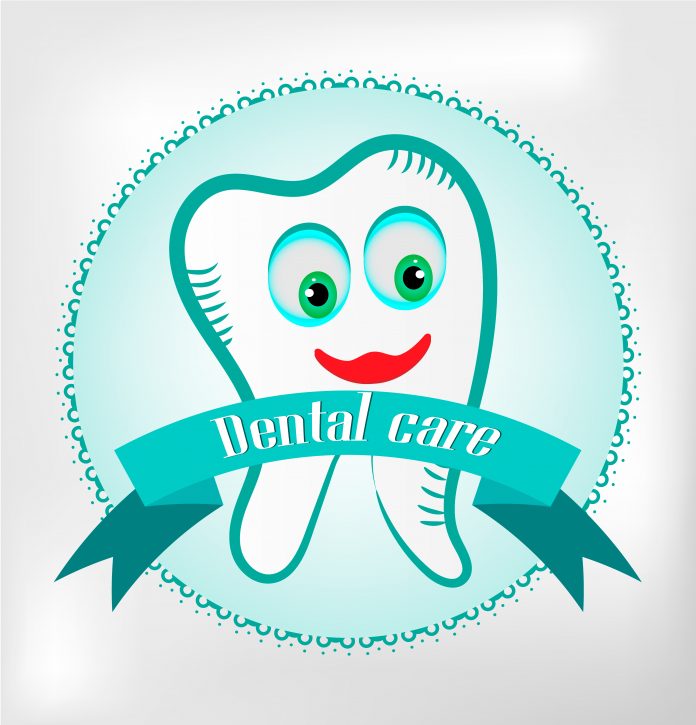Getting older means paying more attention to how we take care of ourselves. This includes our teeth. Many of us don’t think too much about our oral health until we start to have problems, quite often in our forties. Taking care of your teeth when you’re younger can help you to have a healthy smile well into your senior years. Proper senior dental care is often a challenge.
In the case of caregivers, you may be helping a loved one who is sensitive to your looking in their mouth. If they have natural teeth, it’s best to stand behind them and brush their teeth as you would yours. If it helps, hold their hand and have them do the brushing.
Flossing may be more difficult but floss their teeth as you would your own. For those with dentures, have them remove the dentures and then wash in warm, soapy water. Rinse and soak overnight in denture cleaner. Check their mouth once you are done to ensure there are no sore, swollen areas or red and white patches.
5 Things to Watch Out For
Dry mouth.
- As you age, your body produces less saliva. This is also true due to certain medications and diseases. A dry mouth can lead to tooth loss.
Gum disease.
- Usually caused by a build up of plaque, gum disease leads to receding gums, another cause of tooth loss.
Loss of taste.
- Many medications and diseases can lead to diminished taste. Discuss this with your pharmacist and your dentist
Teeth which are becoming darker.
- Many foods and drinks such as tea and coffee can stain your teeth and age does lead to teeth which aren’t as sparkling white as they once were.
Tooth decay.
- Start at a young age to brush and floss regularly. Tooth decay is more difficult to manage as you age.
Regular dentist visits are important as you get older. Try to see your dentist every 6 months for a cleaning and check up. This is more important once you begin to experience tooth loss. Taking care of your teeth as a senior is an important part of healthy aging.























